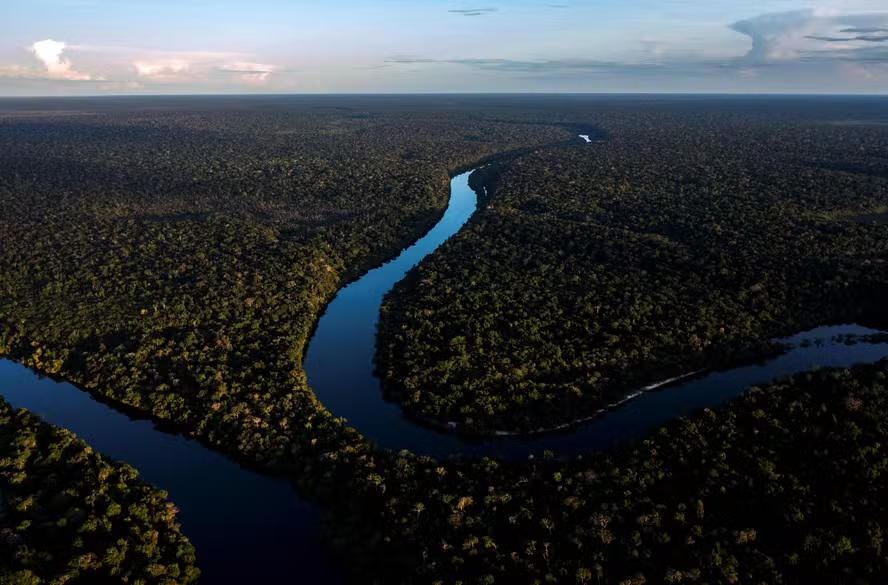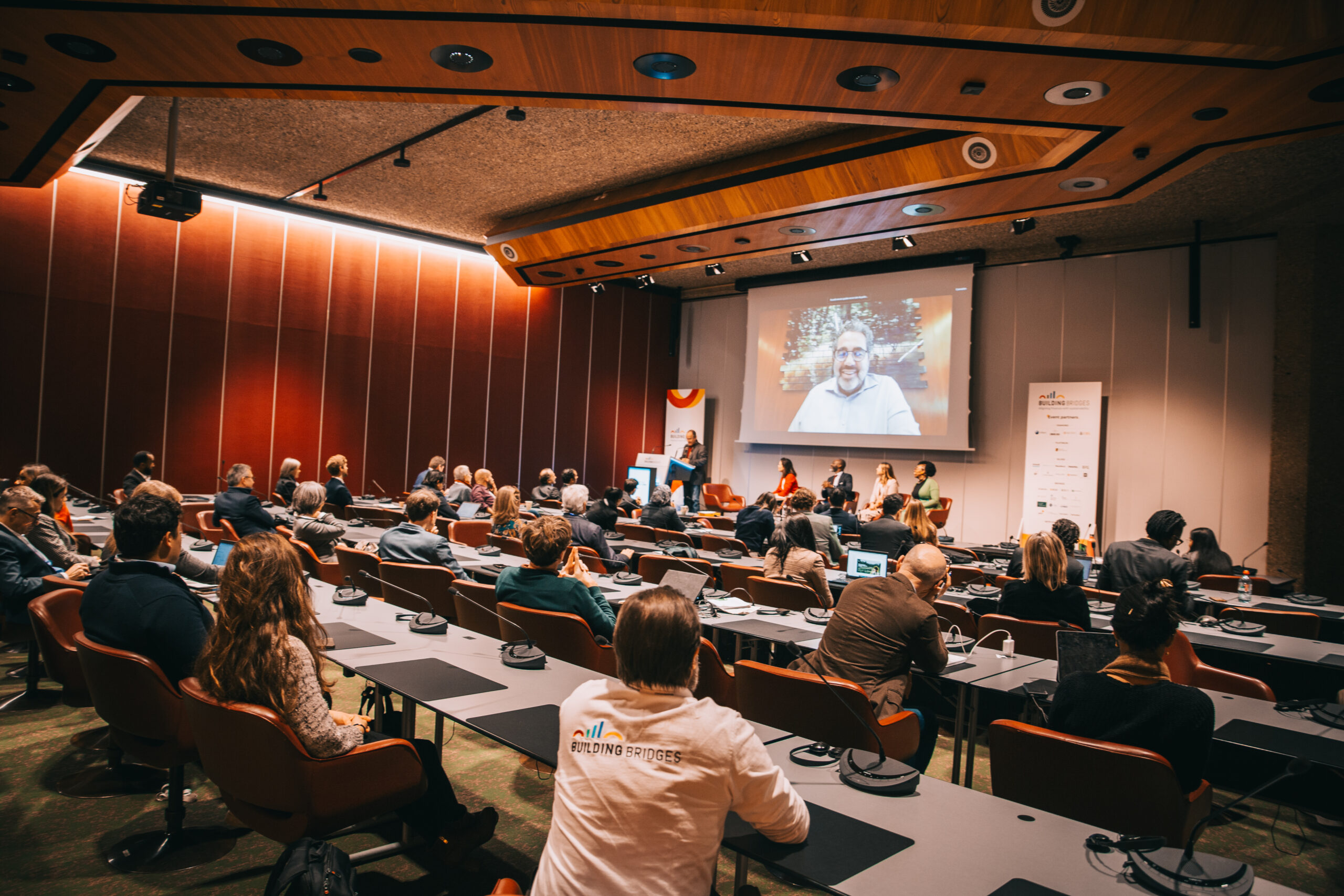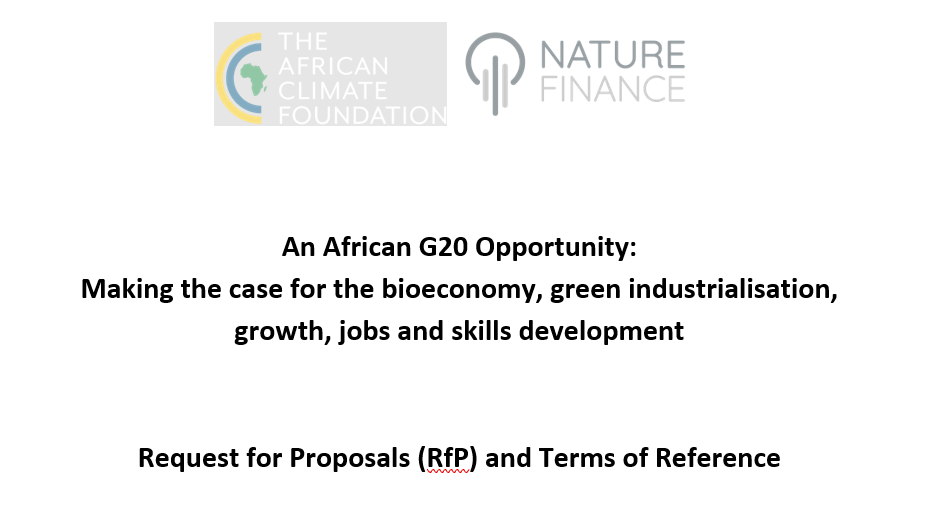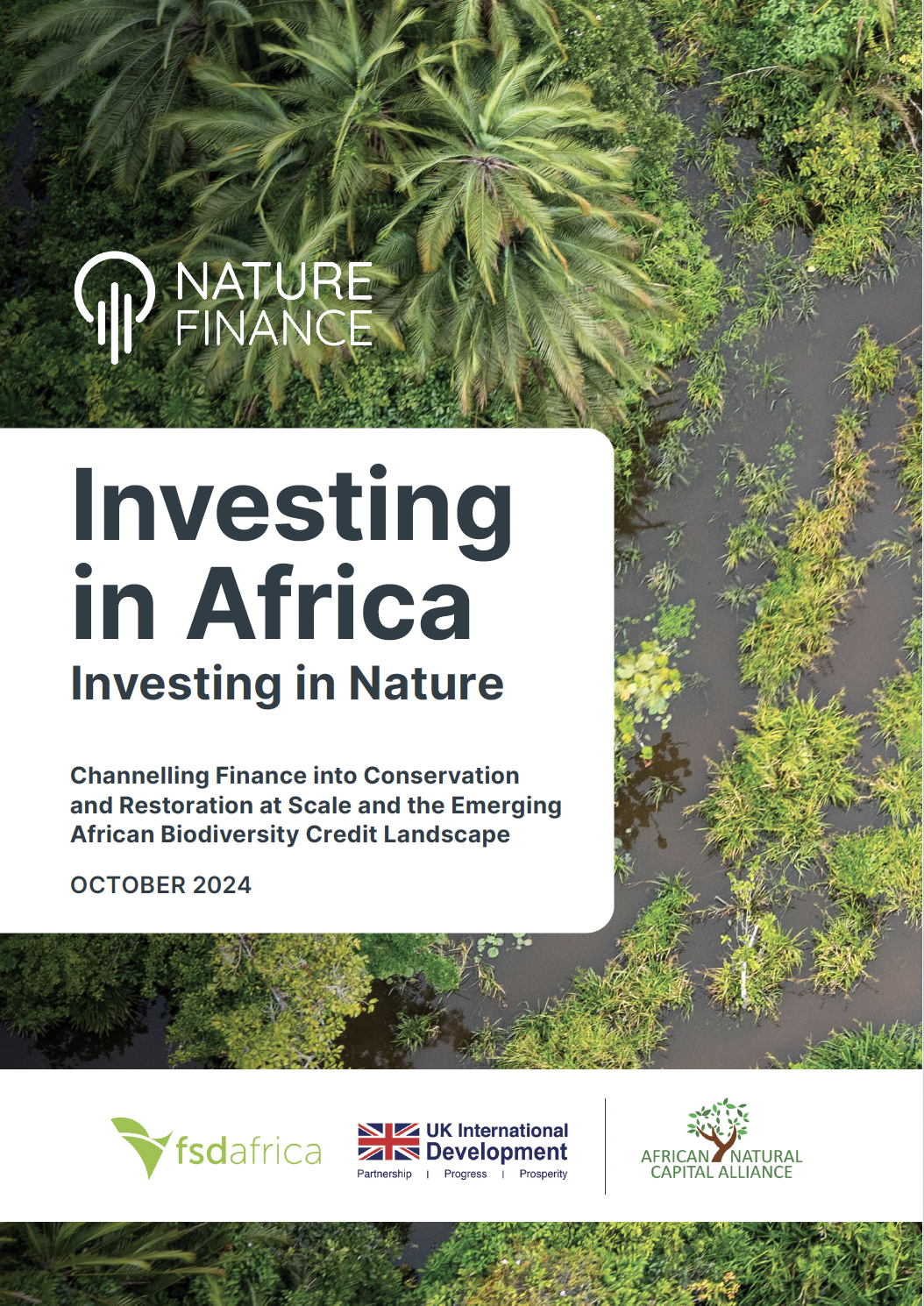- NatureFinance’s (Formerly known as Finance for Biodiversity (F4B)) proposed governance system focuses on three design principles to build better integrity and compliance
- Whole-system governance, complete transparency, and inclusive participation key to success of carbon offset markets
- Model could be rolled out across broader nature markets
London, Tuesday 26 April 2022 – NatureFinance has today published a new governance model for carbon offset markets that encourages governors of carbon markets to adopt three design principles to ensure the market grows rapidly, adheres to standards, and helps the global economy move toward net zero.
Demand for carbon offsets is set to soar. Both prices and expectations are rising after climate negotiators at Glasgow’s 2021 COP26 agreed on a set of rules for international carbon trading under Article 6 of the Paris Agreement. Yet, despite this demand, and as companies and governments move toward net zero emissions goals, only some forms of carbon markets – invented to fulfil the public purpose of reducing greenhouse gas (GHG) emissions at the lowest possible cost – have been successful. This includes the EU emissions trading scheme (ETS), which has reduced both emissions and compliance costs. On the other hand, project-based carbon markets have failed to scale into a credible, mature market, primarily due to a lack of trust, demonstrating that building integrity is key to the success of these vital markets.
The Integrity Council for the Voluntary Carbon Market (IC-VCM) (handed its mandate by the private sector Taskforce on Scaling Voluntary Carbon Markets (TSVCM)) has developed important high-integrity and compliance work by creating the Core Carbon Principles, accompanied by an assessment framework, standardised contracts and market facilitation. This builds on work by the CDM, REDD+, and other existing carbon standards and registries.
Today’s proposal by F4B goes even further, however, arguing that nature markets – a category that includes nature-based carbon offset markets but is rapidly growing to include other ecosystem services – require stronger and more innovative governance than typical financial markets.
F4B’s governance model for carbon markets is built upon three principles, to ensure public purpose remains at the core of the market:
- Whole-system governance: The system must connect with every level within the carbon value chain, and also the external market ecosystem (e.g. compliance markets and national governments).
- Complete transparency: Market and procedural information must be open, publicly available, and easy to access, to ensure the integrity of projects, transactions, and market outcomes.
- Inclusive participation: All key market stakeholders – especially Indigenous Peoples and other frontline community members – must be represented in governing bodies, have the power to contribute, and have effective grievance channels.
The paper also explores how new technologies such as satellite-based geospatial imaging, blockchain and distributed ledger technology have reduced the costs of large-scale information collection and stakeholder participation, thereby increasing the technical and financial feasibility of such a model.
Simon Zadek, Executive Director, NatureFinance said: “The successful scaling up of carbon markets has thus far been stymied by a crippling lack of trust and integrity in the system. But getting this governance model right goes far beyond just carbon markets. Our proposed design provides a template that could be used across nature markets more broadly, and could pave the way towards using market mechanisms to achieve non-financial goals such as mitigating climate change and reversing biodiversity loss.”
The three-principle approach outlined in the paper applies equally to all nature markets. It is especially applicable to potential biodiversity offset markets which will require similar intensive oversight and stakeholder engagement as carbon markets.
Ensuring that carbon markets contribute to a nature positive, net zero economy depends on the interacting work of many actors. The paper’s recommendations for nature market governance design is linked to the work of the global Taskforce on Nature Markets. The Taskforce is led by diverse actors informing the work to place nature and equity at the heart of carbon markets and the full spectrum of emerging nature markets.
END
Notes to editor:
For more information, please contact:
Ola Adeyemi, ESG Communications
Tel: +44 (0)7721 655 294 | ola@esgcomms.com








